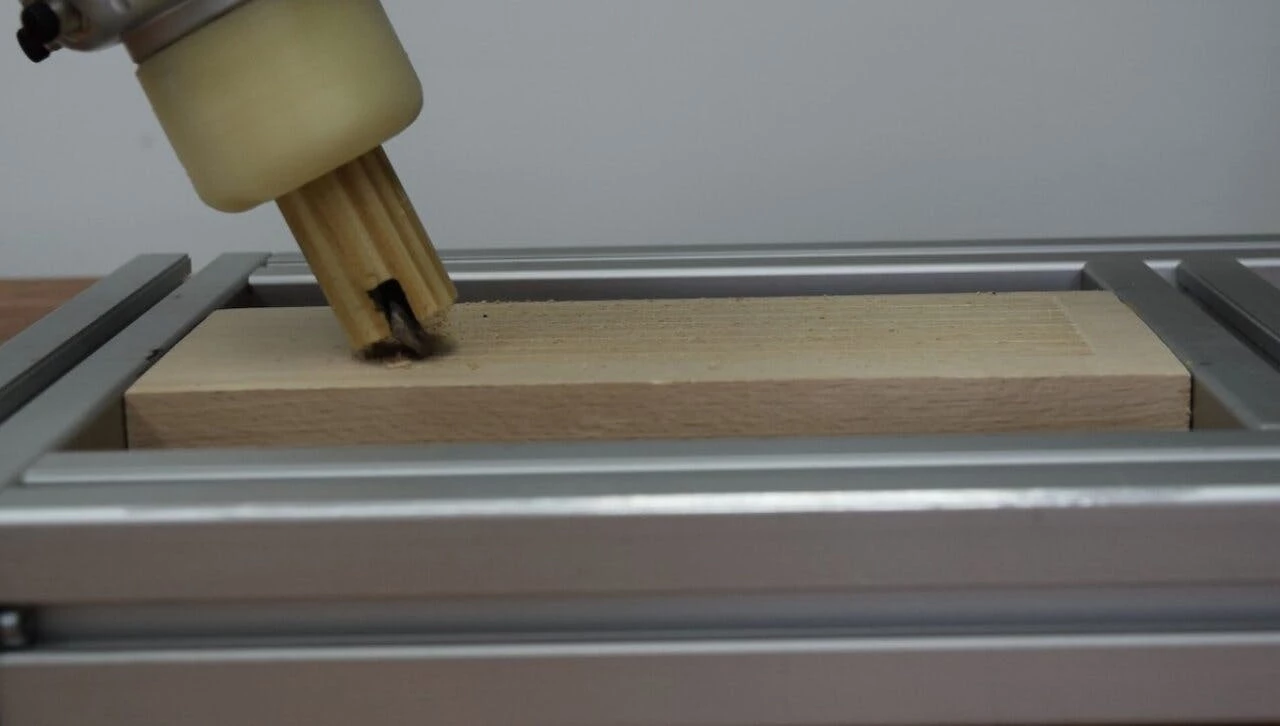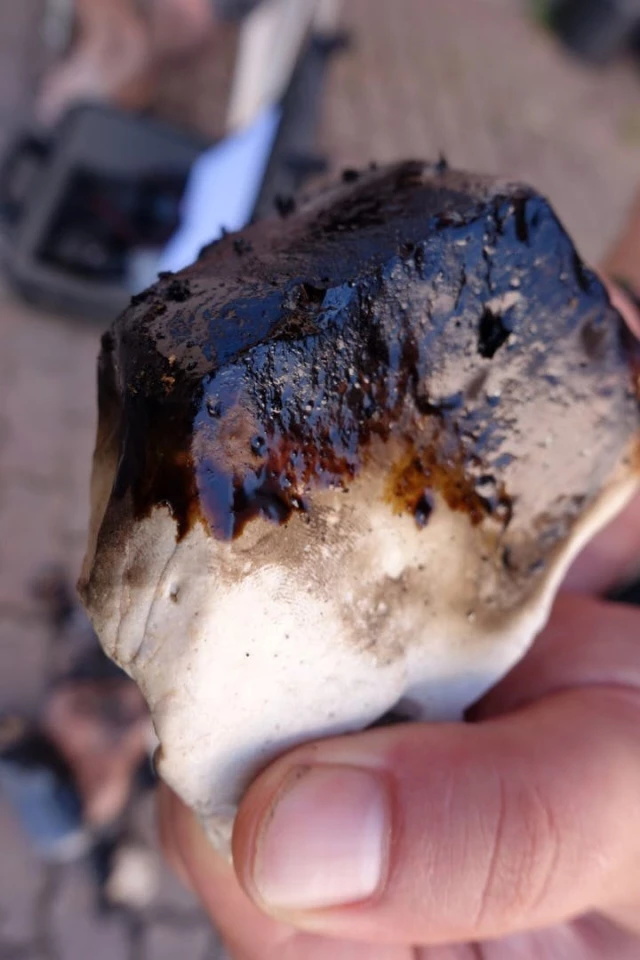According to a study by the University of Tübingen and New York University (NYU), Neanderthals may not have been as clever as previously supposed. The experimental archaeology project found that a wood tar used by the cousins of Homo sapiens as a glue to construct tools didn't require as complex a process as once thought, suggesting that Neanderthal tool making isn't necessarily evidence of a high level of cognitive and cultural development.
One of the problems in understanding the past is how much technology has advanced over the millennia while leaving little or no record of how things used to be done. The result is that archaeologists often look at ancient people doing something extremely complicated like smelting metal or baking bread and then throwing up their hands in frustration as to figuring out how they did it.
It's for this reason that experimental archaeology was developed, where researchers look at old folk skills or try to reverse engineer an ancient technology. As a result, many seemingly impossible technological feats became understandable because the processes were simpler or used for a different purpose.
For example, experiments in how copper was first smelted started out by throwing chunks of malachite on a campfire and wondering why it wouldn't melt, to eventually discovering that the first copper had more to do with a happy accident when ancient potters used copper ores to paint their fired pots, only to find beads of metal in their kilns.
However, it's an approach that can also produce some blind alleys. One case in point, according to the Tübingen/NYU team, is that of Neanderthals and wood tar.
Making tar out of wood is a very well understood process that was practiced on an industrial scale until relatively recently and is still used today. But it's a very complex process that requires either vessels made out of metal or ceramics, or the construction of charcoal burners where wood is meticulously stacked, sealed under earth and clay, and then set alight, so the wood turns into charcoal in the absence of oxygen, and tar, pitch, and turpentine distill out.
This is one of the reasons why many scientists believe that Neanderthals were very advanced from an intellectual and cultural point of view. Studies of their tools showed that they used wood tar as glue to stick bits of flint to handles of wood or bone, so they must have been pretty hot stuff in the brain department to figure out how to make that tar.
But when researchers at the University of Tübingen, NYU's University's Department of Anthropology and the Tandon School of Engineering looked at the problem, they found that there was a simple way to get tar out of a raw material like birch bark. Instead of constructing a complex apparatus, the team took fresh or dead birch bark and burned it near flat river stones.
They found that after three hours, the stones were covered with a black, sticky mess – wood tar. This was easily scraped from the stones and analysis demonstrated that the tar was molecularly similar to that found on Neanderthal tools.
The team then used the tar to construct a test tool that a robot arm dragged with great precision across a test bed 170 times, yet it showed no signs of the adhesive bond weakening. In addition, they constructed a tool using the tar to attach a stone scraper to a wooden handle, which was then used to scrape the tough outer membrane from the thigh bone of a calf.
Because the stone method is so simple and could have been discovered by the Neanderthals so easily at any camp site, the study concluded that the presence of tar-glued tools is not an indicator of complex behavior or organization.
The study was published in Proceedings of the National Academy of Sciences (PNAS).
Source: New York University









